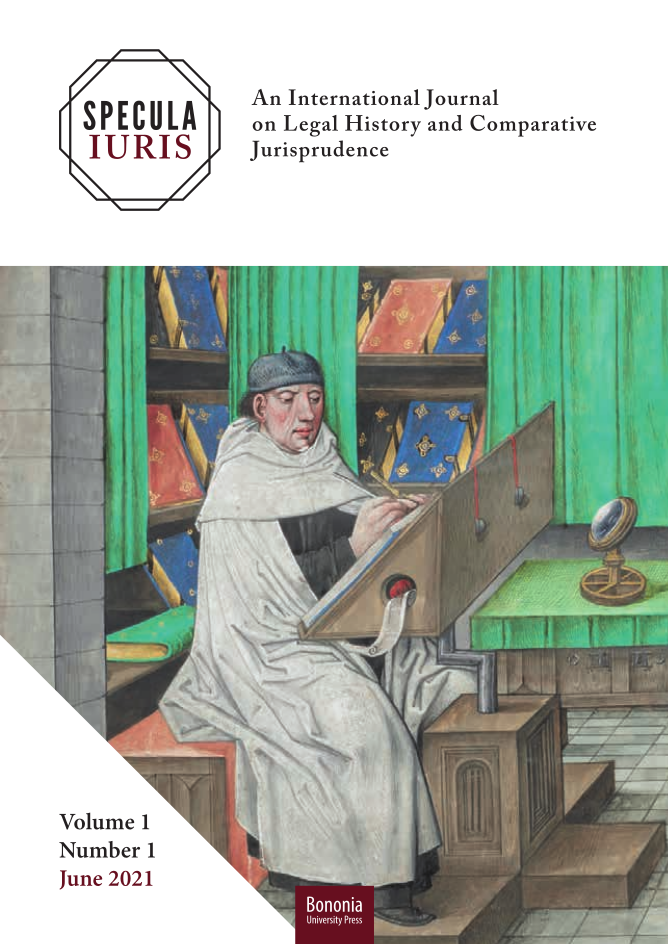Ideali universalistici o fiscalismo imperiale? Decima hereditatium e constitutio Antoniniana de civitate
Published 2021-06-21
Keywords
- Cassio Dione, cognationis iura, Constitutio Antoniniana, decima (vicesima) hereditatium, Istituzioni di Ulpiano
How to Cite

This work is licensed under a Creative Commons Attribution 4.0 International License.
Abstract
Was the constitutio Antoniniana enacted to establish a cosmopolis or to solve a dramatic financial liquidity problem? The joint examination of two texts – one by Cassius Dio, the other by the Ulpian’s Institutes – suggests that Caracalla decided to speed things up by granting citizeship to all the inhabitants of the Empire to increase tax revenues. However, the need to finance the aerarium militare and to pay, in this way, the praemia to the veterans, does not exclude the possibility that Caracalla cultivated, at the same time, the project of establishing, in the entire ecumene, a single civitas. In any case, contestually to the issuing of constitutio de civitate, Caracalla subverted the political line followed, for more than a century, by his predecessors. Not only did he avoid granting to the new Aurelii, that is the new citizens, the so-called cognationis iura, but he also restricted the scope of this provision to those who had already been counted among the cives for a long time, by subjecting as many people as possible to the payment of the inheritance tax (decima hereditatium).

